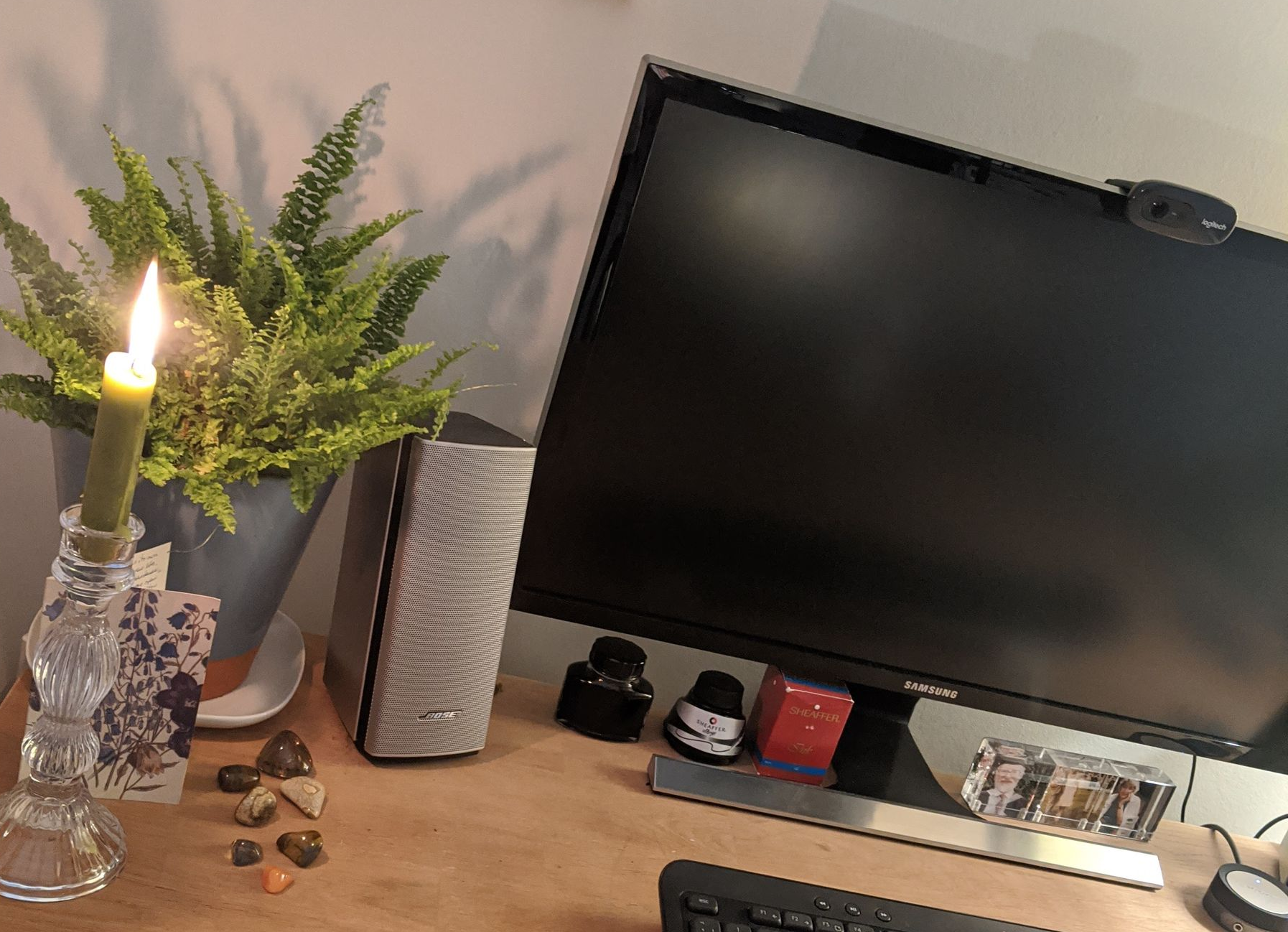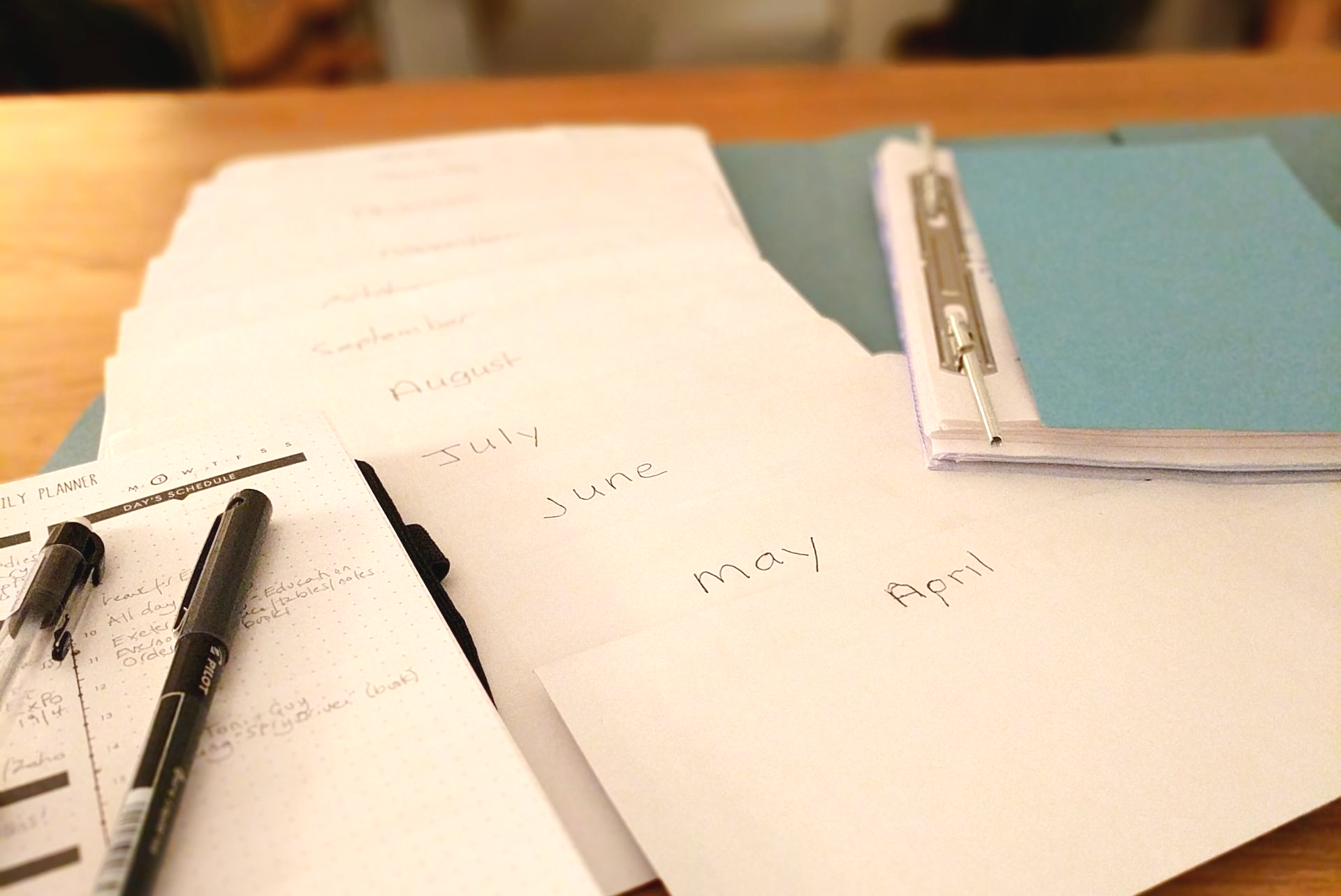Why 4 million Sole Traders should be recognised as heroes
It's time to recognise idependent traders for the heroes they truly are
Despite representing 58 percent of the business population in the British Isles at the time of the first lockdown on 20 March 2020, Sole Traders were disproportionately impacted by severe restrictions on movement and freedom to trade. Nearly half traded significantly less during the period or not at all. This continued for several years, resulting in independent traders giving up their time, salaries, holidays, essential needs and personal health to stay in business and, very often, to serve those in need in their local communities.
The definition of a hero
According to the Oxford Dictionary, a hero is an individual who is admired for their courage, outstanding achievements or noble qualities, and, I would add, someone who demonstrates an utmost commitment to their morals, no matter the obstacle or consequence.
During the lockdown, as in any public emergency, it was the local people - self-motivated, skilled, talented and caring members of our communities who pulled out every stop to stay afloat and help those around them. Despite so many odds and often in the direst of circumstances, people pulled together to help each other and did their best to hold things together.
These are the heroes, who, at the beginning of 2020, represented 3.5 million sole proprietorships trading in the private business sector and those were the ones registered as self employed. Currently, there are 4 million registered Sole Traders earning less than £20,000 (gross) per annum (with many more, I imagine, continuing to operate under the radar).
I cannot say how many, out of those original numbers, survived the tyranny (or who were crushed and got right back up again as soon as they were able) - all I know is that millions of stories of resilience, heartbreak and loss remain untold. Now that we know better, it makes our survival seem that much more heroic, so - thank you - if you were able to hang on and keep going, if you had to start all over again or if you are working for yourself for the very first time, our communities need you more than ever.
The definition of low-income
I was ineligible for support during the lockdown having had no income the previous year and a fair amount of savings which disappeared over the course of 3 years - it was a standby far too few had to fall back on. I set to work creating Spiral Leaf and continued to reduce my spending and expenses, eventually to below £1,000 a month including rent and after giving up my car.
In terms of government support, the lockdown provided the perfect opportunity to move around 1.6 million people from (and off) the very simple and straight forward Tax Credits system by enticing them with Universal Credits benefits which are much more complicated to claim for and highly restrictive. On the click of a button, it was the easiest thing in the world to cancel your regular weekly or monthly Tax Credits entirely before being made to apply for support all over again.
If I had done this, I would have lost my Tax Credits as I had too much in the way of savings at the time. I was forced to make the switch just over 2 years ago (by which time I did qualify) and since then, I have been able to help friends navigate the system and get the support they need.

The definition of service
Sole Traders who operate on a low income do so for many different reasons. You may be new, starting out as self employed for the very first time; you may be a hobbyist, creative or trader earning extra money to supplement your income or pension; you may be earning extra income as a self employed professional; you may have to find ways to earn extra income to pay for the increasing cost of debts and bills; you may have found a way to earn a residual income to pay for things in life that you enjoy.
If you are like me, you are a full-time Sole Trader working from home with low overheads. I am currently content with this situation as it gives me the freedom to build value for the future. You may be content with your under £20K (gross) income because you have a wage-earning partner to share your bills with; you may have a set amount of clients who provide enough regular income for you to live a comfortable life; and you may be making plans for the future which is always a good thing.
As a collective, you represent the backbone of our economy and the heartbeat of our communities. You are our electricians, gardeners, plumbers, bicycle repairers, car mechanics, window cleaners, builders, cab drivers, delivery drivers, carpenters, hairdressers, healers, natural health providers, butchers, shop owners, cafe and restaurant owners, cooks, caterers, computer professionals, secretaries, organisers, advisors, mentors, teachers, coaches, mentors, book keepers, carers, inventors, writers, actors, singers, poets, painters, website designers, musicians, film makers, authors, journalists, artists. crafters and artisans - to name just a few.
It's time we recognised and respected Sole Traders for their determination to keep going despite the odds (in the name of sovereignty, freedom and choice); for their sacrifice in taking responsibility for their own livelihood; for their honour in wanting to remain independent from a controlling system; for their never-ending gifts of creativity, versitility and flexibility; and for their service to loyal customers who they have grown to know and love - and who they would do anything for (and often vice versa).
This is how we like to do business in our communities and we need to do all we can to ensure we can do so into the future.
The definition of sacrifice
I wonder what our communities (and our world) would be like without independent, creative, self motivated, customer oriented, consciencious providers to rely on? Many of our Sole Traders are happy to earn a modest income that pays their bills and enables them to live life in comfort doing what they enjoy, free from the 9-5 grind and working hard for something they believe in. They encompass some of the most inventive, adaptive and genuine helpers in our society which is why we need to look after them.
You know you can rely on an independent trader when you look at statistics from the IWOCA about the impact of the lockdown on Sole Traders:
- Over a quarter (28 percent) worked extra hours
- Nearly a third (30 percent) used their own personal money to finance their business
- Nearly a quarter (23 percent) didn’t take any time off
- 1 in 5 gave up their salary
So, if you were one of those who didn't qualify for government handouts or you lost your livelihood or were forced to live on your savings or if you had to completely diversify, investing more money to do so because you were forced to stop doing what you do best for people you were born to serve - thank you for still being here - I salute you and wish you well.

The future for you
Not all of us want to live on less than £20,000 a year and have plans to increase our income over time or expand our sole trading activities in different ways in the future. Some are quite happy to stay the same and maintain their current levels of income.
Stay as you are (without having to go digital)
1) Set up your own account online with HMRC so that you can file your own annual returns.
2) Set up a simple cash accounting system with monthly accounts and an end of year summary.
3) Have previous tax returns checked to see if you have overpaid tax owing to you (up to the last 3 years).
4) Complete late returns (if you are a CIS contractor) and claim your tax refund/s (up to the last 3 years).
5) Declare sales you make online using Ebay, Etsy, Shopify, etc - information now reported directly to HMRC by crawlers.
6) Don't let your book keeper or accountant talk you into going digital when you don't need to - do your research.
Grow your business (without having to go digital)
1) Check you will not exceed the £20K (gross) income threshold by 5 April 2028 - make plans for the next 5 months.
2) Use monthly cash accounting to continue submitting your Self Assessment return each year using your online account.
2) Set up a Private Members' Association (PMA) with one other as a separate entity for future private exchange.
4) Convert customers to members (as an option for them) and enrole new members to join you.
6) Build your website and brand to establish your own independent, private and secure online domain.
7) Reach out to your community (local and online) to build friendships and attract new members.
Growing our relationships and enterprises together in the private within our communities is a new way forward and the sky is the limit for those of us with valuable skills, goods and services to offer. This is achieved when providers and customers collaborate as facilitators and members of a growing number of PMAs who have their own rules for members to exchange value and energy between each other - entirely in the private.
I am working on various pilot projects and will share more with you over the coming months. If you would like to talk about your situation, please
contact me to arrange a time for a free, no obligation call and I may be able help.
I hope this has been helpful and I look forward to seeing you again soon.
Sue Cartwright AInstAM
Sole Trader Services
Further Information
(HM Revenue & Customs)
Set up as a Sole Trader - Step by Step
Join my Mailing List
Helpful reminders, important updates, new posts, website content and resources
If you would like to receive updates relevant to Sole Traders and private enterprises, as well as being the first to know about new content posted on my blog or new ideas, suggestions and guidance added to my How To Directory, you are welcome to join me.
Simply contact me and ask to be added to the list. I will confirm by return and you can request to be unlisted anytime.
Thank you for sharing and spreading the word




